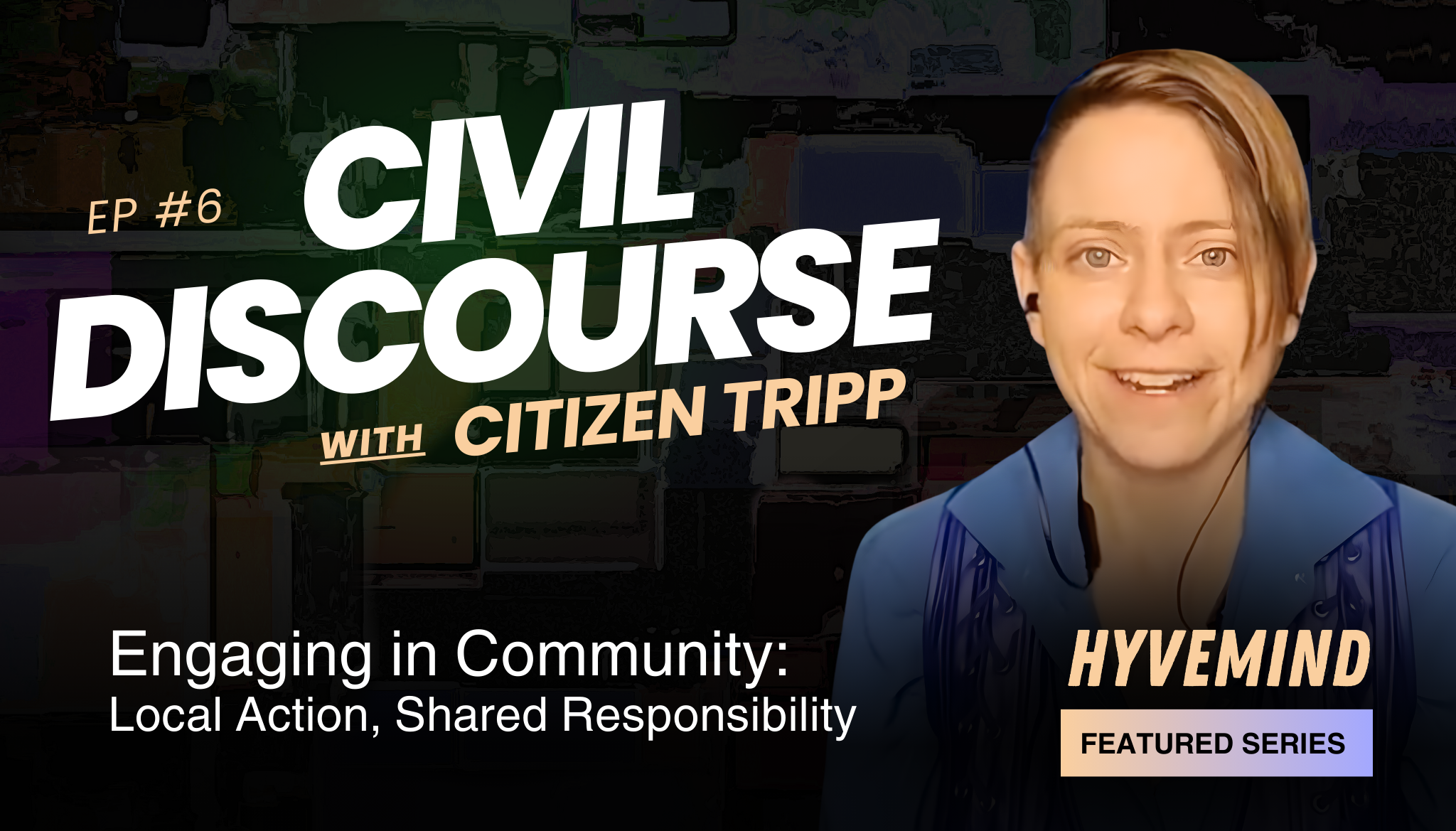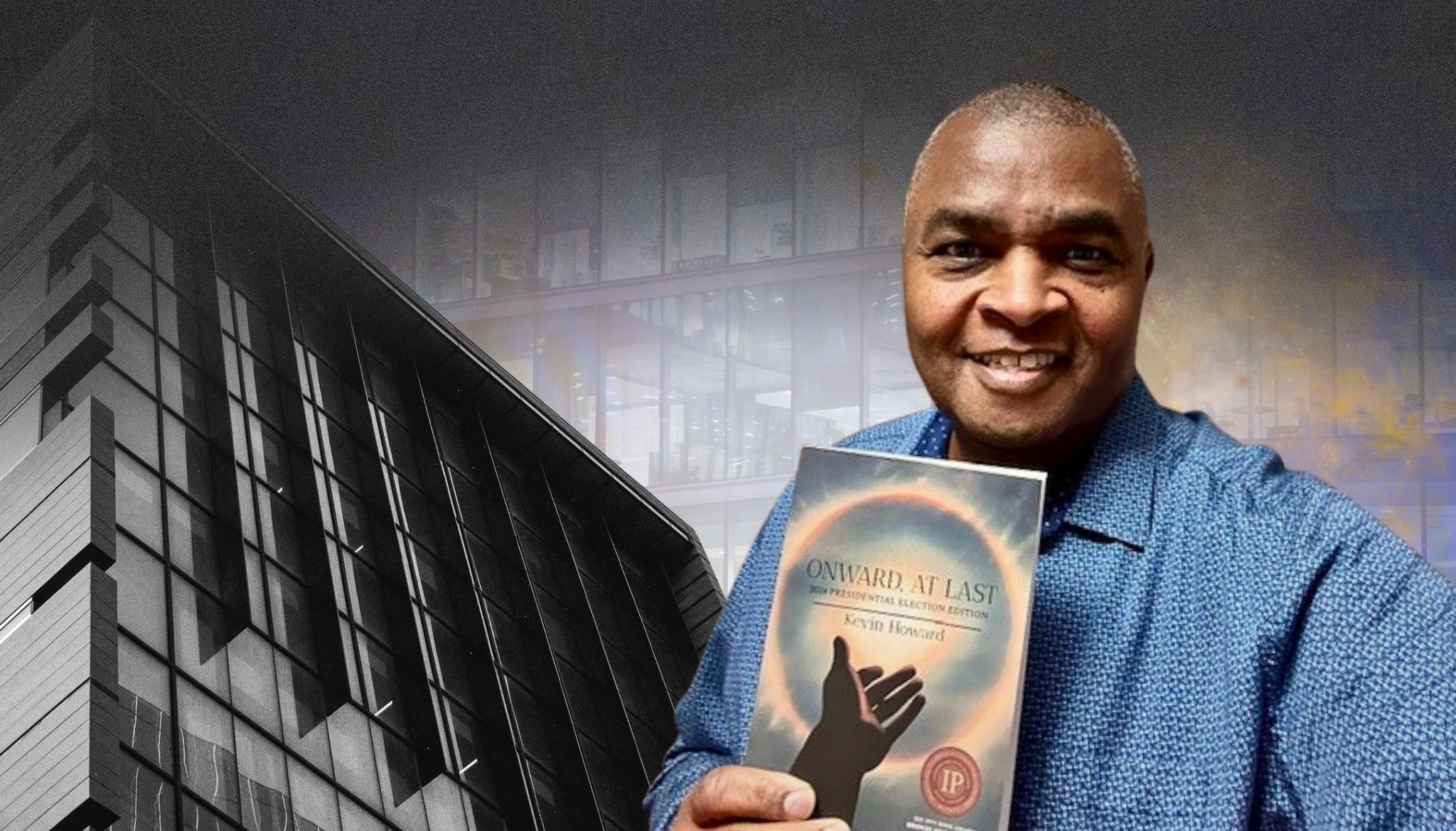From Rome to Riverside, Catholic Church Calls for Migrant Dignity and Reform
It is rare for a Catholic Bishop to lift the Sunday Mass obligation. It is rarer still for him to do so in open defiance of federal agents. Yet that is what Bishop Alberto Rojas did on July 8, telling the 1.5 million Catholics of the Inland Empire to stay home if attending church might expose them to an ICE raid.
“Fear of immigration enforcement,” he wrote, “may deter some members of our diocese from fulfilling the obligation to attend Mass. I want our immigrant communities to know their Church stands with them.”
Within hours, parish WhatsApp threads lit up with relief emojis: ¡Podemos rezar en casa! We can pray at home.
Attendance at Spanish-language liturgies had already collapsed—down by half at some parishes—after agents detained worshippers in Montclair and Highland weeks earlier. Children dropped out of choir; abuelas stopped visiting.
The bishop’s decree used an obscure legal tool, Canon 87, that allows a local ordinary to suspend universal law “whenever it fosters the spiritual good of the faithful.”.
“I want our immigrant communities to know their Church stands with them,” Rojas declared.
A Pope Formed by the Migrant Experience
In Rome, the news landed on a desk occupied by the newest successor of Peter, a Chicago-born Augustinian who once hitch-hiked Peru’s northern desert to bless fishing villages. Pope Leo XIV, né Robert Francis Prevost, has made migrant dignity a signature theme of his young pontificate.
“My own story is that of a citizen, the descendant of immigrants, who in turn chose to emigrate,” he reminded diplomats in May, before insisting that citizenship status can never erase “the dignity of a creature willed and loved by God.” - Pope Leo XIV
Pope Leo’s faithful and loud dedication to human dignity has pointed implications for the direction of the Church. His brother told reporters that Leo “won’t stay silent” while families are torn apart.
And while the Vatican has not issued a formal note on ICE enforcement, insiders say the Pope personally signed off on Bishop Pham’s accompaniment campaign in San Diego, reading it as “a pastoral antidote to raids.”
Theology That Walks Beside People
American Catholics have been here before. In the 1980s, churches harbored Central American refugees; a century earlier Mother Cabrini built hospitals for Italian laborers.
What is new is the scale: Latinos now make up more than a third of U.S. Catholics, and many are one ICE knock from deportation.
In Texas, Sister Norma Pimentel’s Rio Grande Valley mission still meets buses of released detainees with soup and shoelaces.
In Nashville and Detroit, clergy lead processions to ICE field offices, rosaries doubling as protest banners. The tactics vary, the line of theology does not: the Gospel’s bias for the stranger.
For Bishop Rojas, the fear is personal. He was born in Mexico and appointed coadjutor in San Bernardino in 2019, and he has consistently made immigrant advocacy a top priority.
As he invoked Canon 87, the suspension of mass obligation for fearful parishioners, he stated, “Fear of immigration enforcement… may deter some members of our diocese from fulfilling the obligation to attend Mass… I want our immigrant communities to know that their Church stands with them and walks with them”.
Rojas also called for change, “I ask political leaders and decision-makers to please reconsider these tactics… in favor of an approach that respects human rights and human dignity and builds toward… immigration reform.”
What Comes Next
Bishop Rojas’s dispensation expires in 30 days, but priests expect it to be renewed if raids continue. Canon lawyers note that Rome could elevate the move, issuing a motu proprio that would shield dioceses nationwide.
For now, the pews of San Bernardino remain half-empty, yet something fuller is stirring. On a recent Sunday, parish livestreams spiked to record views.
One viewer typed a message that scrolled across the bottom of the screen: “If the state makes us choose, the Church already chose.”
Whether Pope Leo XIV will turn that digital solidarity into formal confrontation with ICE is an open question. His words, however, leave little doubt about his direction:
“The Spirit opens borders. he preached on Pentecost. “When law forgets the dignity of the human person, it becomes violence wrapped in bureaucracy.”
And in America’s immigration debate, bureaucracy has rarely felt so violent—or the Church so willing to break its own habits in order to resist it.




